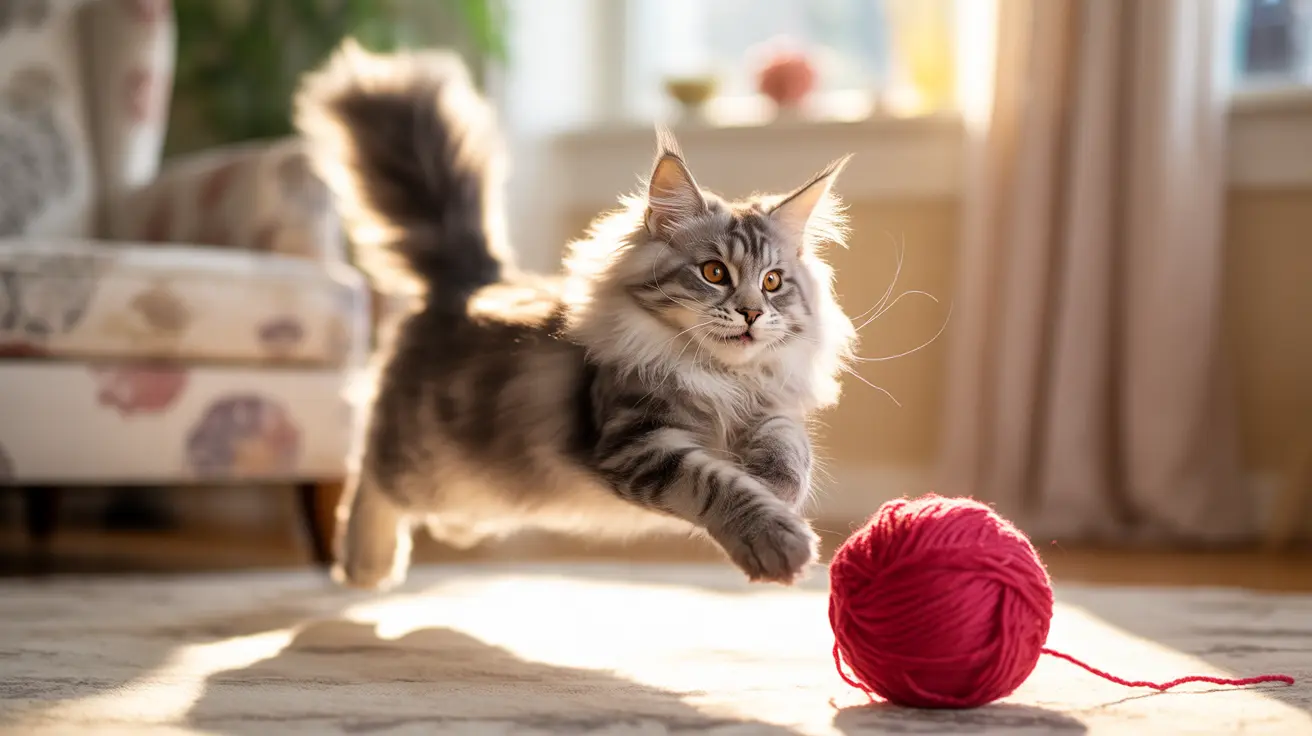The endearing term "pussycat" has been a beloved nickname for our feline friends for centuries. This fascinating linguistic journey spans multiple cultures and languages, revealing how our ancestors developed special ways to address their cherished cat companions.
From its earliest documented use in the 16th century to modern-day pop culture references, the evolution of the word "pussycat" offers a unique window into the historical relationship between humans and domestic cats. Let's explore the rich history and cultural significance behind this common pet name.
The Ancient Origins of "Puss" and "Pussy"
The story begins in 1533 when "puss" was first recorded in English as a common name for cats. This wasn't just an English phenomenon – similar cat-calling words appeared across numerous Germanic languages, including Dutch "poes" and Swedish "pus," suggesting a shared linguistic ancestry.
Intriguingly, the term may have even deeper roots in Old Norse "pusa," highlighting the word's strong Northern European connections. These early terms were used primarily as attention-getting calls for cats, much like modern pet owners might use "kitty-kitty" today.
The Evolution to "Pussycat"
By 1773, the compound word "pussycat" emerged, combining "pussy" with "cat" to create what linguists call a pleonastic term – essentially repeating the cat reference for emphasis and endearment. The addition of the diminutive "y" suffix made the term even more affectionate, reflecting the growing role of cats as beloved household pets.
This evolution reflects a broader trend in how humans developed increasingly intimate relationships with their feline companions, leading to more personalized and endearing ways of addressing them.
Cultural Impact and Popular Usage
The term "pussycat" has left an indelible mark on popular culture, appearing in countless nursery rhymes, stories, and songs. From the classic tale of "Puss in Boots" to the famous nursery rhyme "Pussycat, Pussycat, where have you been?", these references have helped cement the term in our collective consciousness.
Modern interpretations continue to embrace the term, as seen in entertainment groups like The Pussycat Dolls and characters like Josie and the Pussycats, demonstrating its enduring appeal across generations.
Related Terms and International Connections
The linguistic family of cat-related terms extends beyond just "pussycat." Other affectionate terms like "moggy" (British for mixed-breed cats), "kitty," and "tabby" have their own fascinating origins and cultural significance. Even across language barriers, similar-sounding cat-calling words exist, such as the Persian "pishu," highlighting a remarkable cross-cultural tendency to use soft, sibilant sounds when addressing cats.
Frequently Asked Questions
What is the origin of the word "pussycat" and how did it develop over time?
The word "pussycat" originated from the combination of "puss" (first recorded in 1533) and "cat." The term "puss" has roots in various Germanic languages and was initially used as a call name for cats before evolving into the compound word "pussycat" by 1773.
Why are cats commonly called "puss" or "pussy" in different European languages?
These terms appear across multiple European languages due to shared linguistic roots, particularly in Germanic languages. Similar forms like Dutch "poes," Swedish "pus," and Irish "puisín" suggest a common ancestral term used for calling or referring to cats.
How did the term "pussycat" come to be associated with affection and gentleness?
The term naturally evolved as an endearment due to its use as a friendly call name for cats and the addition of the diminutive "y" suffix. Its association with domestic cats' gentle nature and role as beloved pets strengthened these connotations.
Are there any misconceptions about the etymology of "pussycat" and related words?
Yes, a common misconception is linking "pussycat" to Latin words like "pusillanimous." There's also no connection to French "pucelle." Later sexual connotations of "pussy" developed separately from its original feline meaning.
How has the word "pussycat" influenced popular culture and literature through history?
"Pussycat" has appeared prominently in folklore (Puss in Boots), nursery rhymes, literature, and modern entertainment. Its influence extends from children's stories to contemporary music and media, demonstrating its lasting cultural impact.
Understanding the rich history behind why we call cats "pussycats" not only satisfies our curiosity but also helps us appreciate the deep-rooted connection between humans and their feline companions throughout history.






